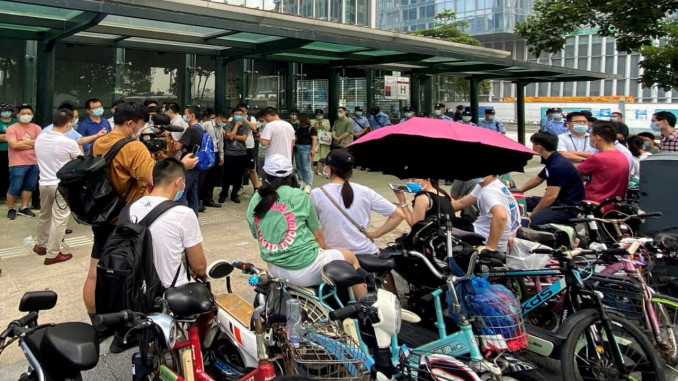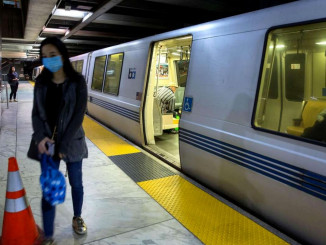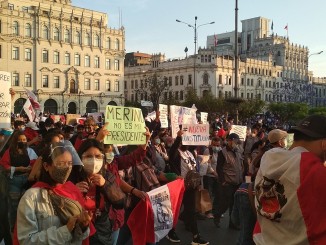
In China, the giant real estate company Evergrande is on the verge of bankruptcy, drowning in debt. Its total liabilities have ballooned to an extraordinary 1.97 trillion yuan or U.S. $305 billion. This is 2% of China’s gross domestic product (GDP). The company’s stock has lost more than 70 percent of its value this year. The background for the buildup of this extraordinary speculative real estate bubble is well documented in a 2014 60 minutes episode. Middle class Chinese people invested their money in real estate, encouraged by the government, as the construction of housing fueled the Chinese economy as a whole. All were led to believe that this was an investment that could only increase in value. Doesn’t this sound so very 2005-2008 in the U.S.? However, figures released on September 15 of 2021 show that Chinese home sales values fell by 19.7% in August.
Vast real estate developments have been built in China that remain completely empty, including miles of apartment towers and shopping malls around major cities.
As Evergrande’s creditors are demanding immediate repayment of some loans, the company, and by extension the whole Chinese economy, faces a crisis. In this twitter video, protesters are crying, “Evergrande: Return our Money!” as they rally on September 15.
The collapse of this real estate giant would send shockwaves well beyond China. The British Financial Times wrote: “Evergrande counts big international companies among its investors, including Allianz, Ashmore and BlackRock. A default is likely to have spillover effects on global markets, where many investors have historically anticipated Chinese government support at times of distress.”
Indeed, because of Evergrande’s huge place in the Chinese economy, there is speculation that the Chinese government will step in to pay the creditors rather than allowing it to fail, as the U.S. government did with hundreds of banks in 2008, to the tune of $200 billion, a bill that was paid by the U.S. population, and a crash that ultimately led to a wave of misery and unrest around the globe, including the Occupy Movement in the U.S.
For now, however, the Chinese government is adopting a wait and see attitude: not intervening to bail out Evergrande.
From China, to the United States to everywhere else around the world, we can no longer continue allow our lives to be dictated the massive financial powers that currently control society!




